With the slew of information circulating about the novel coronavirus, we understand you may have many questions regarding how this public health crisis affects your beloved pets. While much still needs to be discovered, most of what we know suggests that pets likely have little involvement. Read on for answers to some common questions regarding COVID-19 and pets.
Question: Is it true that pets can get coronavirus?
Answer: COVID-19 is the disease in humans caused by the novel coronavirus known as SARS-CoV-2. While this coronavirus is considered “novel,” in that it is newly discovered, coronaviruses have been around for a long time, causing varying levels of disease in many species. Most coronaviruses are species-specific, meaning they stay within a species, and don’t jump from humans to animals or vice versa. Cats are commonly infected with feline coronavirus (FCoV), which is the causative agent of the disease feline infectious peritonitis (FIP). Most cats exposed to this virus are asymptomatic and live normal, healthy lives, although a virulent form of the virus occasionally can take hold, causing serious disease. Dogs can also become infected with coronaviruses, such as highly infectious canine coronavirus (CCoV), which causes gastrointestinal signs, and canine respiratory coronavirus (CRCoV), which is also contagious. FCoV, CCoV, CRCoV, and SARS-CoV-2 are four separate coronaviruses with no link, other than belonging to the same family, coronaviridae.
Q: A dog in China tested positive for COVID-19 and later died. Can my pet be infected and become sick with COVID-19?
A: A woman in China who tested positive for the novel coronavirus lived with a 17-year-old Pomeranian dog, who later tested “weakly positive” for COVID-19. The dog reportedly showed no signs of respiratory illness, but was quarantined in Hong Kong out of an abundance of caution. The dog was cleared to return home after several negative tests, and later died of unknown causes. Antibody tests came back negative, suggesting the pet was not actively infected with COVID-19, but was exposed to someone shedding large amounts of the virus. No other cases of pets testing positive for the novel coronavirus are known. While more information is needed, there is still no indication that pets can get sick from, or shed the virus, that causes COVID-19.
Q: Are we able to get our pets tested for COVID-19?
A: At this time, health authorities do not suggest routine COVID-19 testing for pets. A leading veterinary diagnostic company has been testing thousands of dogs and cats for the virus, yielding no positive results thus far. These preliminary findings align with the current understanding that SARS-CoV-2 is spread from person to person. If your pet is exhibiting signs of respiratory illness, contact WesVet for guidance.
Q: Do I need to get my pets vaccinated for coronavirus?
A: Vaccines exist for the dog and cat coronaviruses discussed above, but are recommended only for at-risk pets. These vaccines have no cross-protection for SARS-CoV-2, and should not be administered under this assumption.
Q: If I am sick, do I need to be careful around my pet? Should my pet practice ‘social distancing?’
A: Since limited information surrounds COVID-19 and pets, we recommend that pet owners take extra precautions, especially if they are ill, or diagnosed with the virus. Limit interactions with your pet, and refrain from cuddling and sleeping with your pet, or allowing your pet to lick your face. While there is no evidence that pets can be vectors for the novel coronavirus, they can act as fomites, meaning they can transport the virus on their fur, leash, or collar. For these reasons, we recommend that pets and pet owners refrain from socializing with other pets outside the household.
Q: Can I still bring my pet to WesVet for veterinary attention?
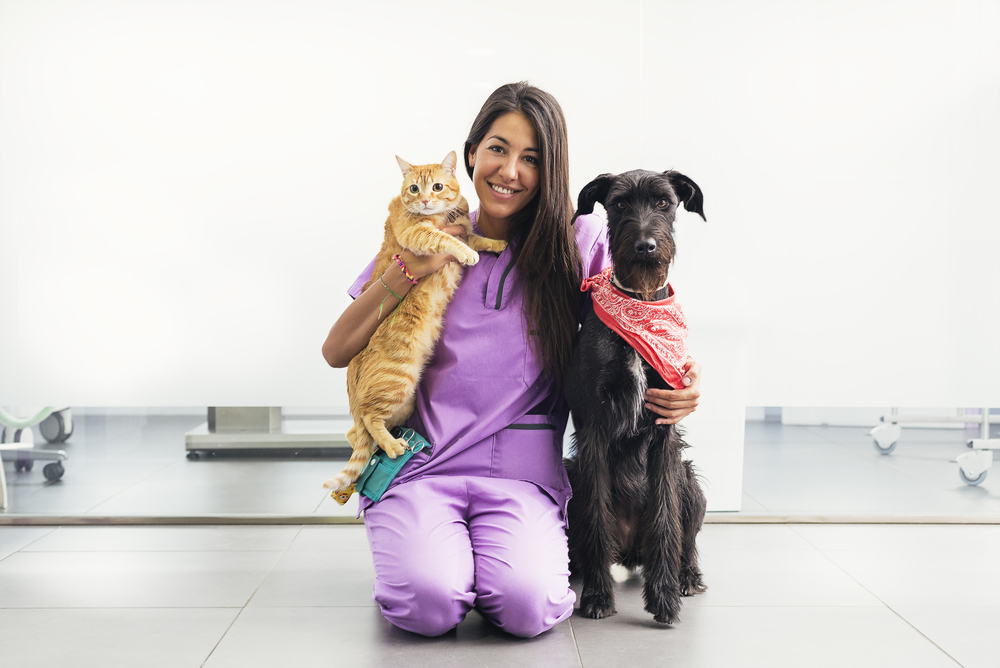
A: If COVID-19 is still a threat when WesVet Animal Hospital opens its door, we will still be available to serve you and your pets. In keeping with social distancing recommendations, and to best protect our clients, patients, and team members, we may offer contact-free appointments. After scheduling your consultation, we may ask you to call our office when you arrive in the parking lot to check in, and a team member will come out to your car, and bring your pet inside for her examination. When Dr. Schoonover has examined your pet, he will call you to consult your pet’s case, and then we will arrange your pet’s discharge over the phone. If you need to pick up your pet’s food, medications, or other supplies, call ahead, and we will arrange for curbside pick-up.
We know this is an unprecedented time of uncertainty, and we are dedicated to ensuring you and your pet remain safe and healthy. Please contact our veterinary team with any additional questions or concerns regarding COVID-19 and pets.


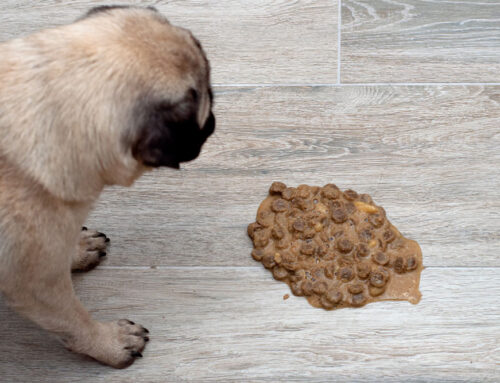
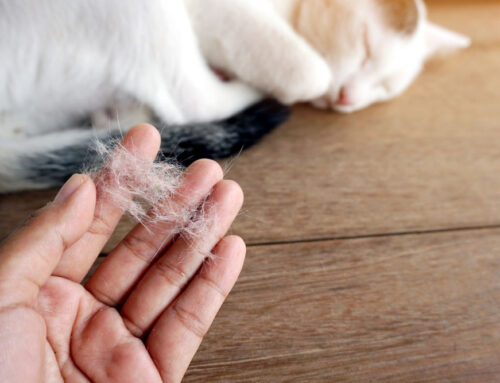
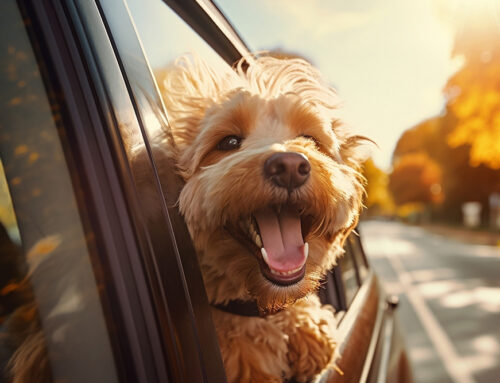
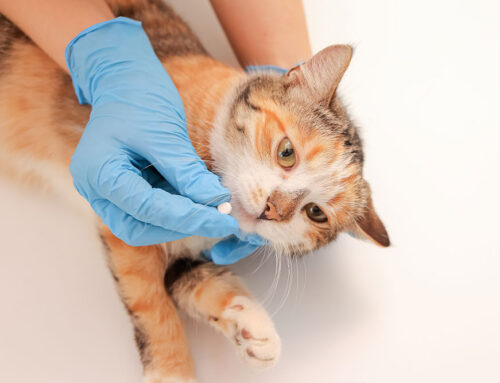

Leave A Comment